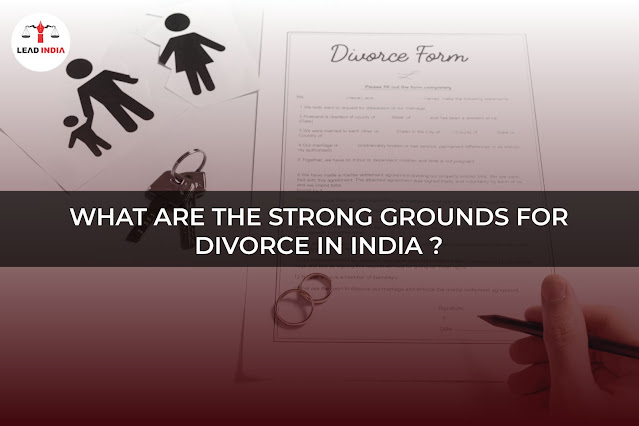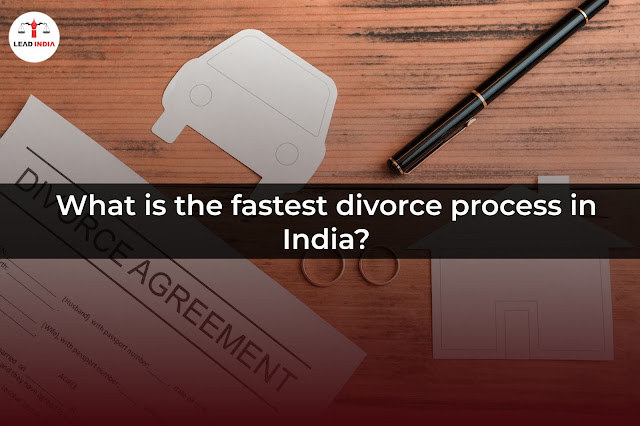Who can verify legal documents?

Legal document verification often depends on the jurisdiction and the kind of document in question. The following common authorities or people may have the power to certify legal documents: A notary public is a member of the public who is qualified to certify the accuracy of the signatures on legal documents, including affidavits, powers of attorney, and contracts. In order to verify the legitimacy of the document, they witness the signature and add their official seal or stamp. Lawyers: Those with licenses to practice law in a specific country, such as attorneys or lawyers, may also be able to authenticate legal papers. Based on their legal knowledge, they can examine and verify documents. Government Officials: Some government departments or officials may have the power to check particular kinds of legal documents. Governmental organizations or registries, for instance, may verify records like birth certificates, marriage certificates, and land deeds. Embassies or Consulates: The emba...



